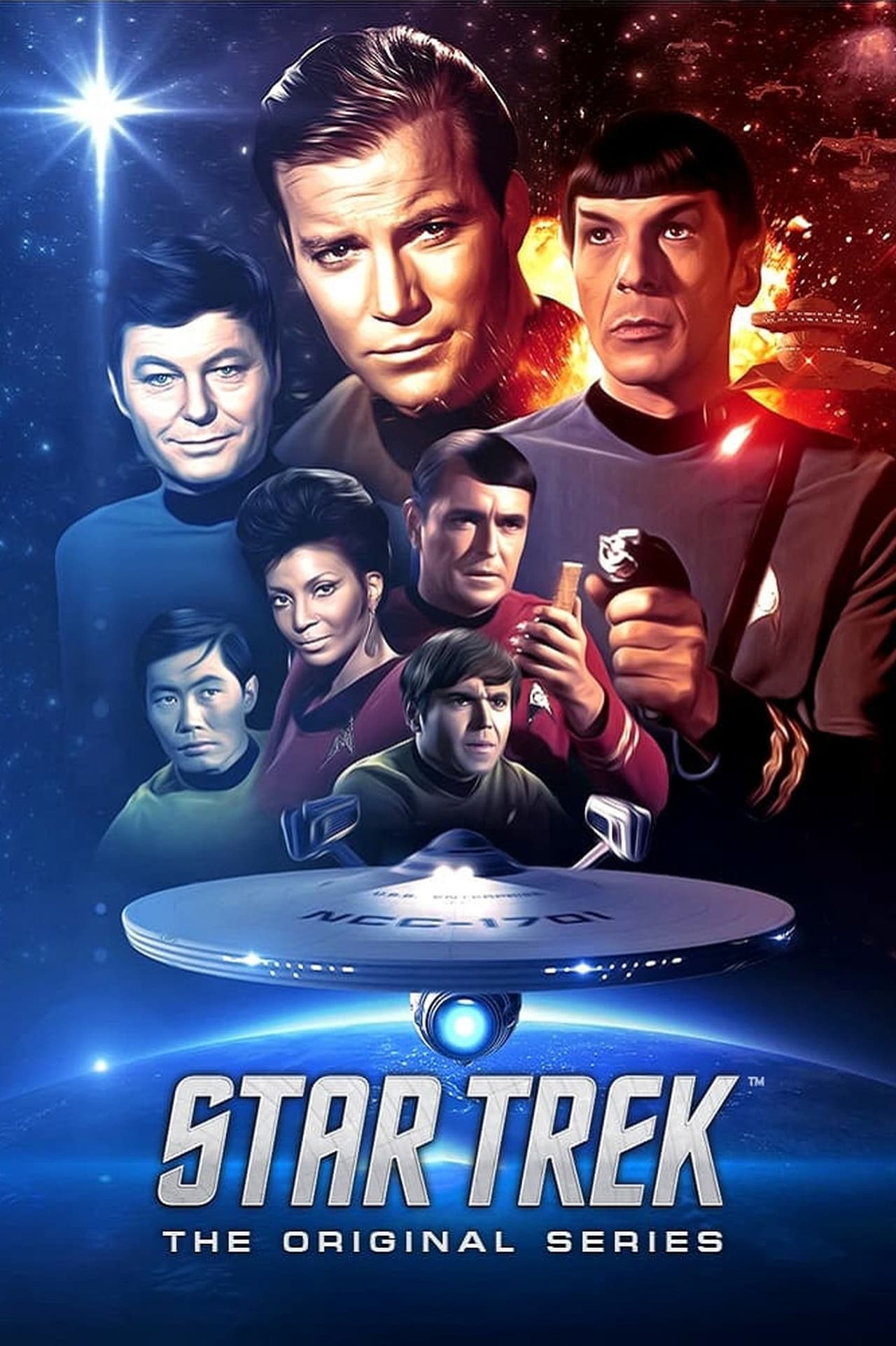About Star Trek:
Star Trek: A Journey into the Future
Star Trek is a legendary science fiction television series that has captivated audiences for decades. Created by Gene Roddenberry, it first premiered in 1966 and has since become a cultural phenomenon. Set in the 23rd century, the show follows the adventures of the starship USS Enterprise and its crew as they explore the galaxy, encountering new worlds, civilizations, and strange phenomena.
The show had a profound impact on the sci-fi genre and television as a whole. It broke barriers by featuring a diverse cast with characters of different races, genders, and backgrounds. This inclusivity was revolutionary for its time and portrayed a future where humanity has evolved beyond prejudice and discrimination.
One of the most iconic characters of Star Trek is Captain James T. Kirk, played by William Shatner. Kirk is a charismatic leader known for his fearless nature and strong moral compass. Alongside him is the logical and half-Vulcan Spock, played by Leonard Nimoy, who provides a balance to Kirk’s impulsive nature. Their friendship and dynamic became one of the show’s core elements.
Star Trek also introduced numerous groundbreaking concepts and technologies that were ahead of their time. The show popularized the idea of teleportation with its “transporter” technology, which allowed characters to instantly move from one location to another. It also featured advanced communication devices, known as communicators, which inspired the development of modern-day smartphones.
The success of Star Trek has spawned multiple spin-off series and an extensive film franchise. Each iteration has expanded the Star Trek universe and introduced new characters and stories while staying true to the show’s original spirit of exploration and hope. The most recent series, Star Trek: Discovery and Star Trek: Picard, have garnered praise for their engaging storytelling and modernized approach.
Star Trek has left an indelible mark on popular culture and has inspired countless fans to pursue careers in science, engineering, and space exploration. Moreover, its optimistic vision of the future continues to resonate with audiences of all ages. Star Trek represents a world where humanity has overcome its petty differences and come together to explore the universe, promoting a message of unity, compassion, and the endless possibilities of the human spirit.
In conclusion, Star Trek is a television show that has transcended time and has become a beloved franchise. With its diverse cast, thought-provoking storylines, and progressive ideals, it has become a symbol of hope and aspiration. Its enduring legacy is a testament to the power of science fiction in shaping our perceptions of the future and our place within it.
